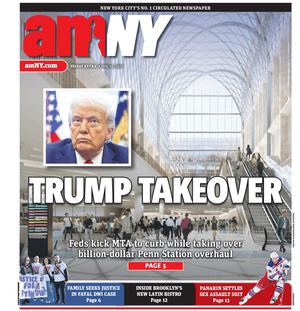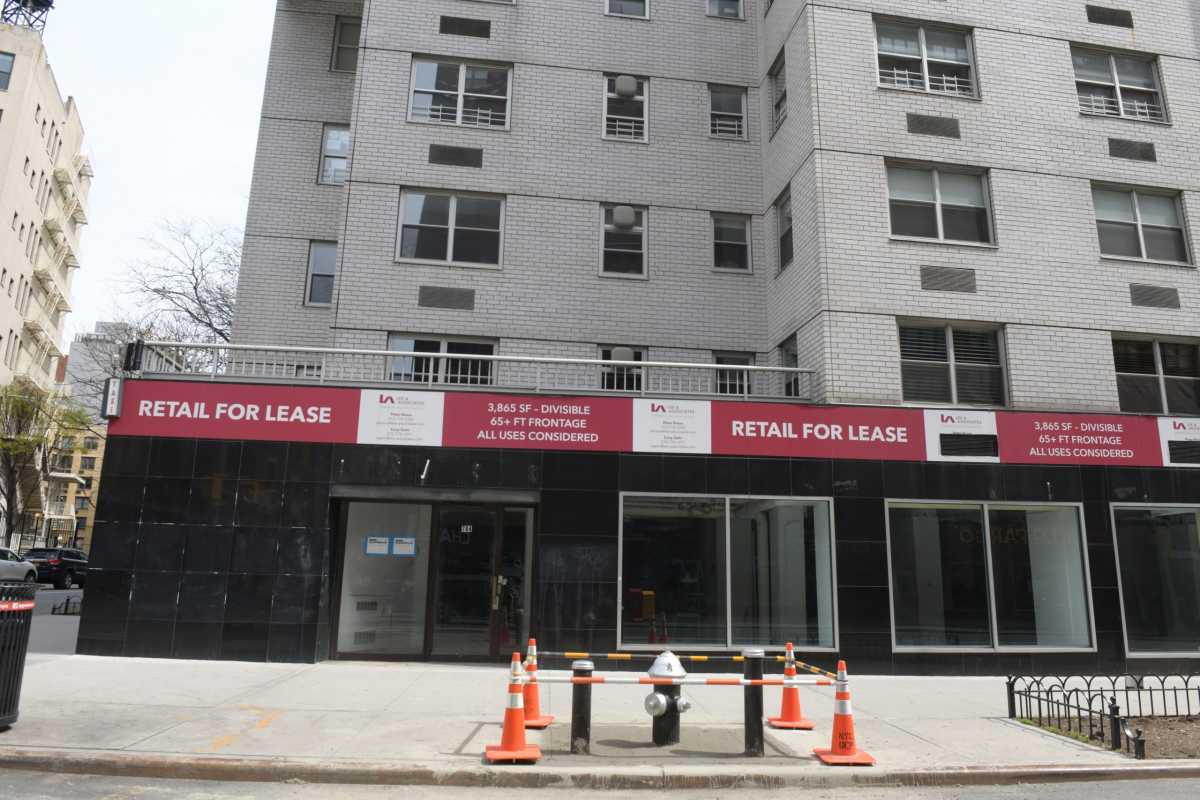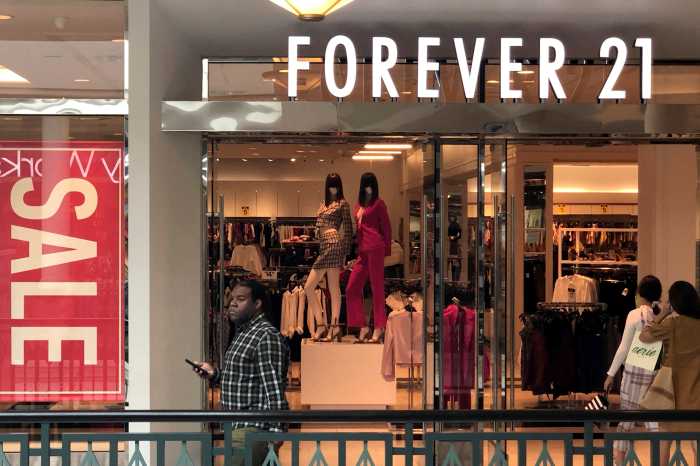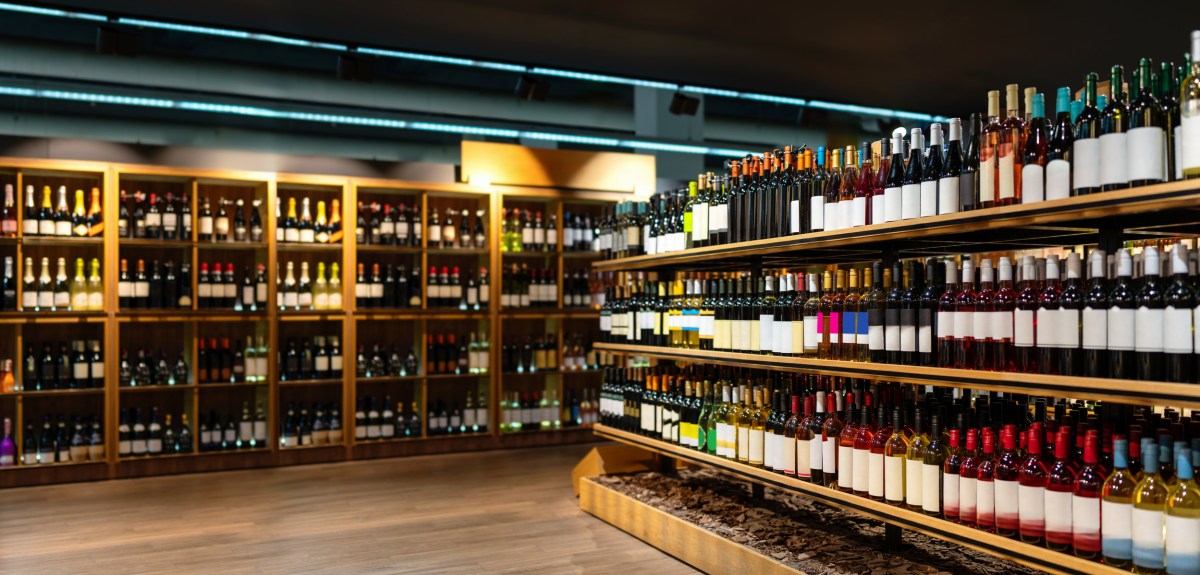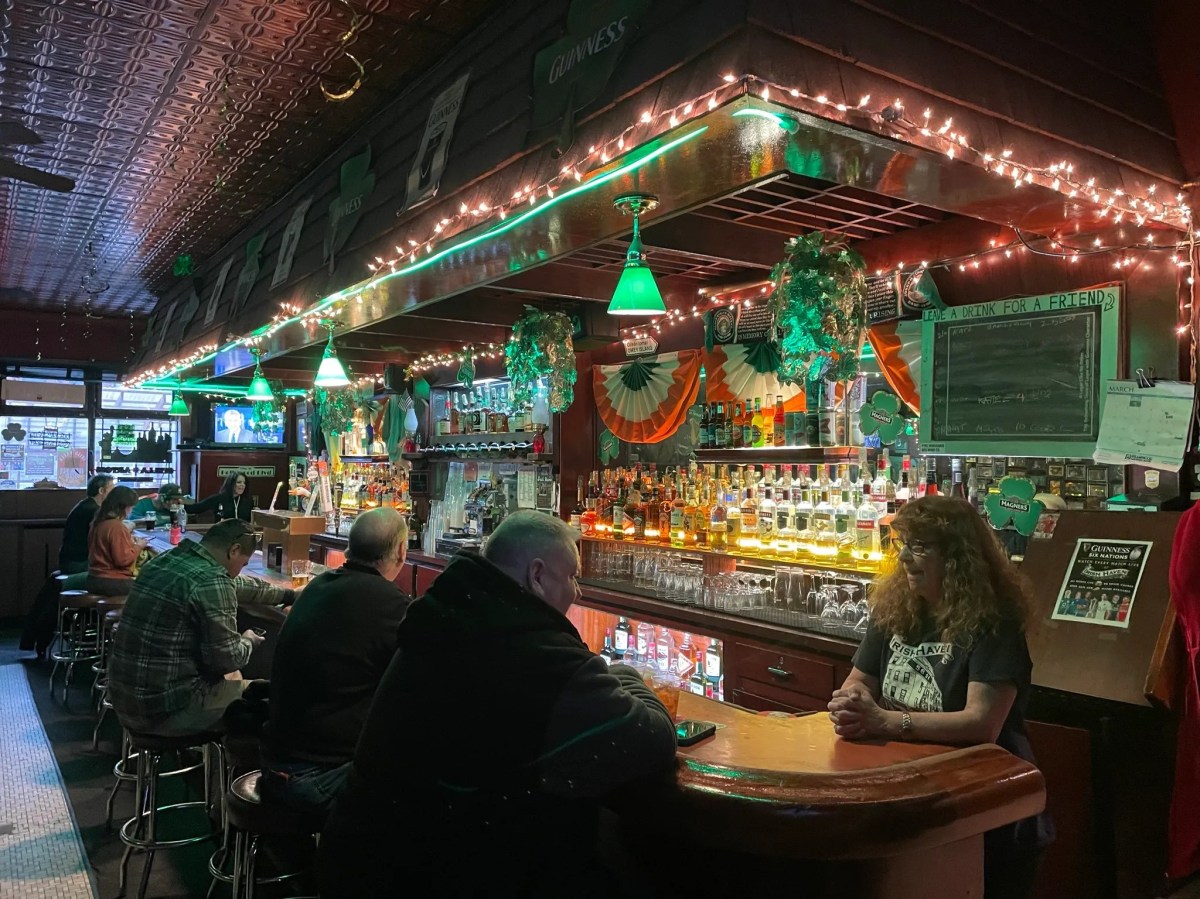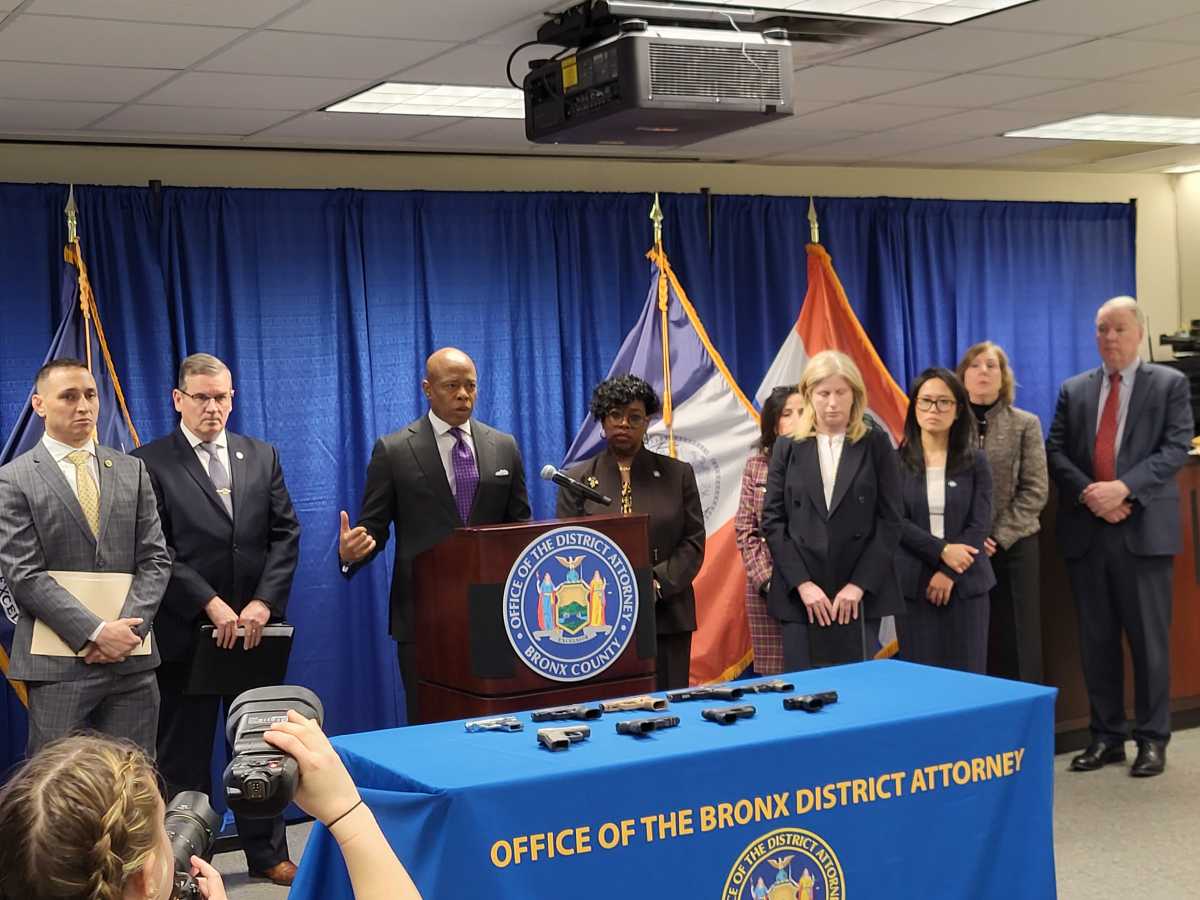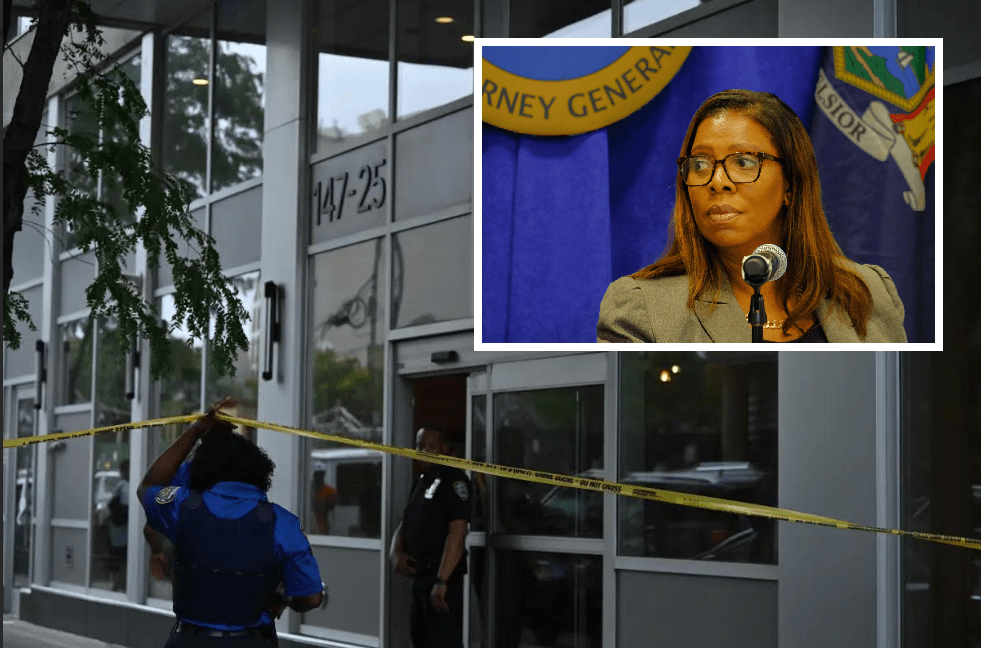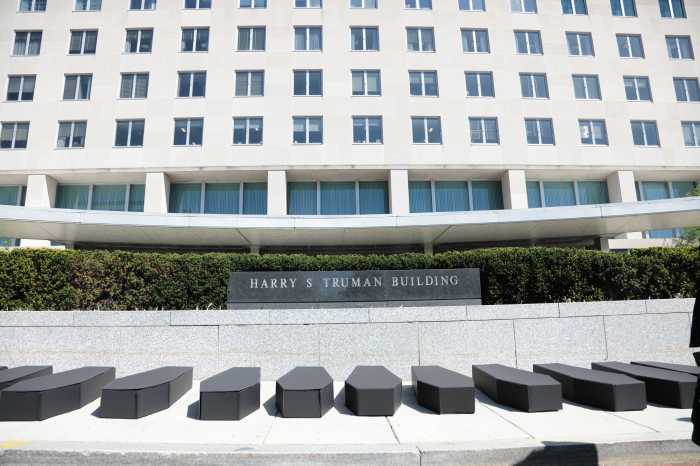The number of vacant storefronts in NYC is growing, and the City Council demanded solutions to the economic problem during an oversight hearing at City Hall on Wednesday.
NYC Council Member Oswald Feliz, (D-Bronx) chair of the council’s Committee on Small Business, led the economy-focused hearing, explaining to members of the city’s Small Business Service (SBS) that business owners are being forced to shut down or not open at all due to high rents, chain-store competition and retail theft.
These challenges, which often result in vacant storefronts, have an adverse effect on the local economy, Feliz and others at the hearing explained.
“We know that vacancy rates that are high and lengthy indicate that something is off balance,” Feliz said.
Vacancy rates have been trending upwards in NYC. Only 4% of storefronts were vacant citywide in 2007, rising to almost 6% in 2017 and 8% in 2019, Feliz said, citing data from the Department of Finance.
And it is getting worse, Feliz said, as the pandemic fueled the already-existing problem.
“Today, SBS reports that city-wide vacancies sit at an overall 11.2%,” he said.
Administrators from SBS discussed recent ways the agency has supported small businesses.
“In the previous year we made history by launching the NYC Small Business Opportunity fund and distributing $85 million in low-interest loans to over 1,000 small businesses, with a significant 80% of the loans benefitting minority or woman-owned businesses,” Tian Weinberg, chief of staff for the SBS, said.
Weinberg added that one in six businesses in the city today opened under the Adams administration.
Which neighborhoods have it the worst?
Neighborhoods hit the hardest are in Lower and Midtown Manhattan, and downtown Brooklyn business areas, where the vacancy rates are highest. These are also the areas that received the most COVID-19 grants and loans, according to the City Council.
Broadway in SoHo, for example, once bustling with trendy boutiques and cafes, is not the luxury shopper’s paradise it was just a few years ago. Where a clothing store once was has given way to an illegal cannabis shop — a dangerous retail trend that is spiking despite the city’s and state’s attempts to stop it.
“Local shopping areas are the heart of many New York City neighborhoods,” Feliz said. “Many thriving businesses on a well-lit street can provide a sense of community and strong neighborhoods. But the opposite can also be true. A high number of ‘going out of business’ or ‘for rent’ signs might create a sense of unease or discourage new businesses from opening up.”
Competition from large-scale commercial retailers can threaten small businesses, but they, too, are not exempt from closure
Party City, Bed, Bath & Beyond and Rite Aid are just a few big-box chains that either filed for bankruptcy or closed multiple locations around New York last year.
Public safety concerns and retail theft
Funding and grants for entrepreneurs is good, but it will not work as long as there is crime in a neighborhood, several council members and others in attendance said.
“We can’t sugar coat the fact that there’s rampant crime in the city that is preventing people from opening small businesses in what were once good areas to go to,” Council Member Vickie Paladino (R-Queens) said. “You had a row of very nice stores at one time, and now they’re empty.”
Paladino is frustrated with increased retail theft, saying a CVS in her district is constantly being ransacked and facing closure. She also acknowledged the all-around lack of resources available to stop the trend.
“While we work very closely with our precincts, we all know there are not enough cops to do the job,” Paladino said. “We know that security people who are standing guard can not stop what’s happening. “
Landlords and high rent prices are sometimes part of the problem, too.
Paladino wants to fine commercial landlords who “purposely” leave storefronts empty. She did not say what possible reasons a landlord would have for not renting out their property.
“I hate penalizing people with fines, but if it’s the only thing that’s really going to shake them up and there’s some sort of consequence, only then are we going to see something happen here,” she said.
Read more: Teen Stabbed in Times Square Dispute, Police Investigate
